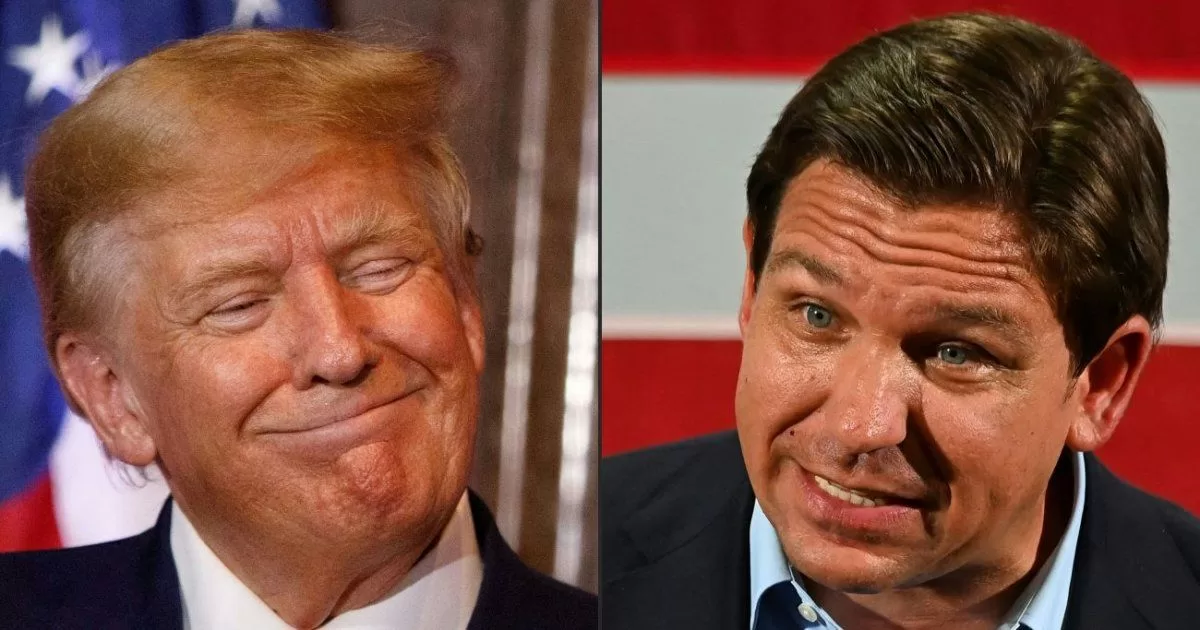Berlin.
Germany is to phase out nuclear power in April, for good. But there are doubts about the plan – not only among the opposition.
Actually he is Nuclear phase-out in Germany It’s a done deal, but in view of the energy crisis, the debate about a possible continued operation of the remaining reactors continues to smolder. The Union is now demanding that the local electricity system be subjected to another stress test with a view to winter 2023/2024. An overview.
What is the decision on the nuclear phase-out?
Last October, Federal Chancellor Olaf Scholz (SPD) put an end to a bitter dispute within the government about the continued operation of the three remaining power plants – at least temporarily: he made use of his directive authority and ordered that all three reactors should produce electricity by mid-April 2023 at the latest . The applicable legal situation was one up to that point Nuclear phase-out at the end of 2022. The Bundestag then decided in November to extend the term by three and a half months as specified by Scholz.
But the debate is not over yet: the FDP, Union and the economy keep coming up with demands to postpone the final exit again. President of the Bundestag Baerbel Bas (SPD) was annoyed by this earlier this week: “We should definitely leave it at the last extension until April 2023, end this debate and accelerate the expansion of renewable energies,” she told the Neue Osnabrücker Zeitung.
What is the Union asking for now?
CDU Vice President Andreas Jung told our editorial team that nuclear energy is likely to be used due to the energy shortage until 2024 will be needed. The coming winter could be even more critical than the current one. Therefore, the load capacity of the electricity system must now be checked again. “Just as the government did a stress test for this winter, it must also do one for next winter.” It must be comprehensively examined how the power supply can be ensured at all times – also taking into account the capacities in the country and the situation in Europe also the risk of power line failures in the Baltic Sea.
Jung also said it would work union not about shaking up the fundamental decisions on phasing out nuclear power and coal power generation. Rather, it is about mobilizing everything to avert emergencies during the crisis. “It doesn’t make sense that the traffic light will reactivate climate-damaging coal piles at least until 2024, but definitely want to switch off the CO2-saving nuclear power plants in spring 2023. This coal-heavy traffic light crisis policy calls into question energy security and damages climate protection.”
Of the accelerated expansion of renewables is necessary and must be promoted in parallel, emphasized the CDU Vice. Regarding the recent statements by Bundestag President Bärbel Bas, he said: “The necessary debate about safe energy in the coming winter can no more be ended by a basta by Bärbel Bas than by the policy decision by Olaf Scholz.”
Jung is not alone in assuming that nuclear power could still be needed in Germany after April. Ulrike Malmendier, “Economics” of the federal government, also considers continued operation to be sensible. “The winter of 2023/2024 will not necessarily be easier,” said the economist from the US University of Berkeley to the “Handelsblatt”. “That’s why it’s important to exhaust all possibilities, and nuclear power plants are one of them.” The decision must now be made quickly so that the operators can prepare for it and procure new fuel rods.
How much electricity do the nuclear power plants deliver?
According to numbers of Fraunhofer Institute for Solar Energy Systems ISE the share of nuclear energy in power generation in Germany last year was 6.7 percent. On a few days in December with very little wind and sun, the nuclear power plants produced almost as much electricity as the renewables.
In the first weeks of January, however, there is less nuclear power in Germany – EnBW has taken the power plant in Neckarwestheim off the grid for a few days to reassemble the fuel elements. This is how the kiln is to be made fit for the extended term until mid-April.
Also interesting:Energy crisis: Where nuclear energy still has a future in Europe
What is the position of the traffic light coalition?
The government is once again divided when it comes to nuclear power goes. The FDP makes no secret of the fact that it considers it right to continue operating the systems beyond April. Most recently, the Liberals, led by Transport Minister Volker Wissing, argued from a climate policy point of view: Nuclear power could help to meet the increasing demand for electricity with increasing electromobility.
The green coalition partner has one for it little patience: “Nuclear power is expensive and dangerous, which is why we will finally switch off the last nuclear power plants in Germany on April 15, 2023,” said Julia Verlinden, Vice-Chair of the Green parliamentary group in the Bundestag, this editorial. “Any further attempt to bring an extension of running times into the debate with ever new flimsy justifications will fail and waste energy unnecessarily.” “So we are well positioned for the power supply in the coming winter.”
More articles from this category can be found here: Politics


